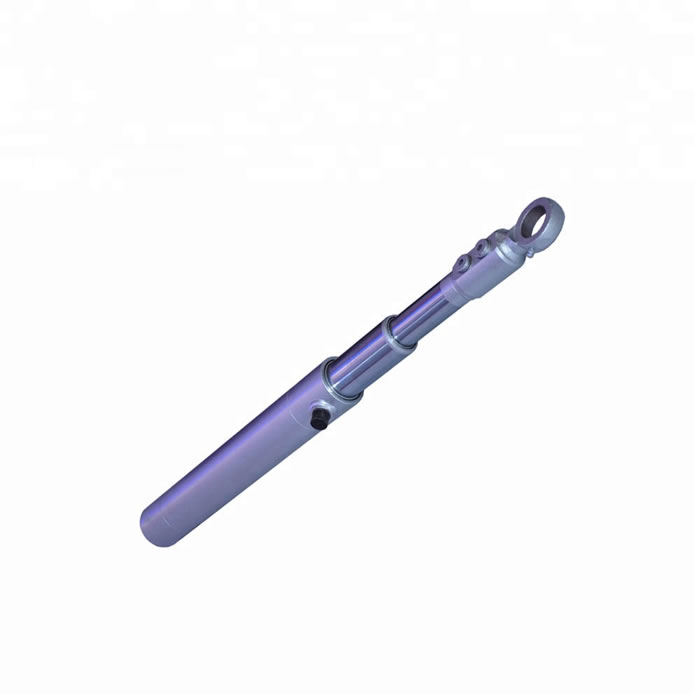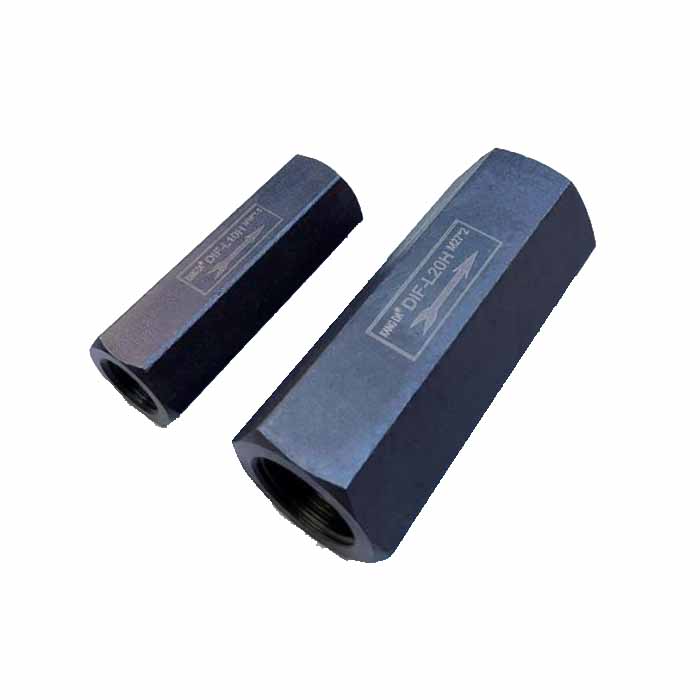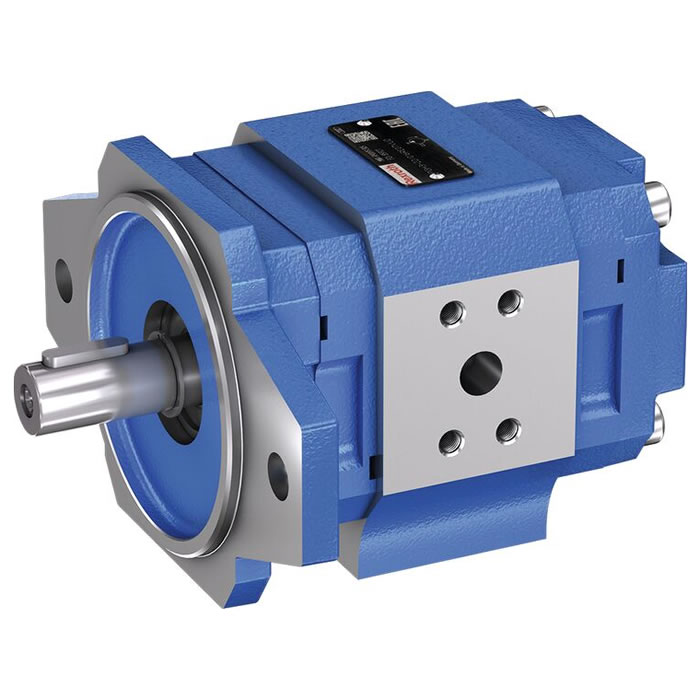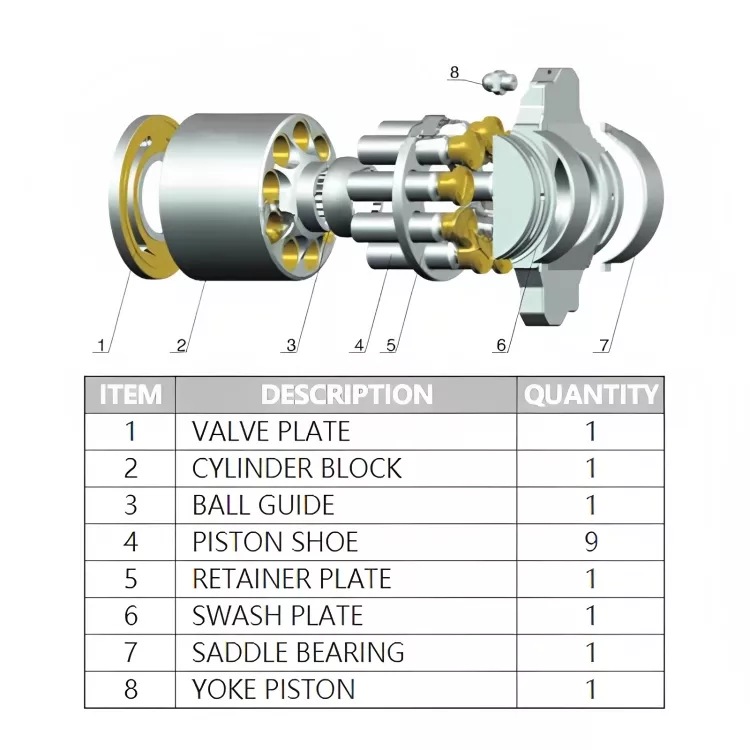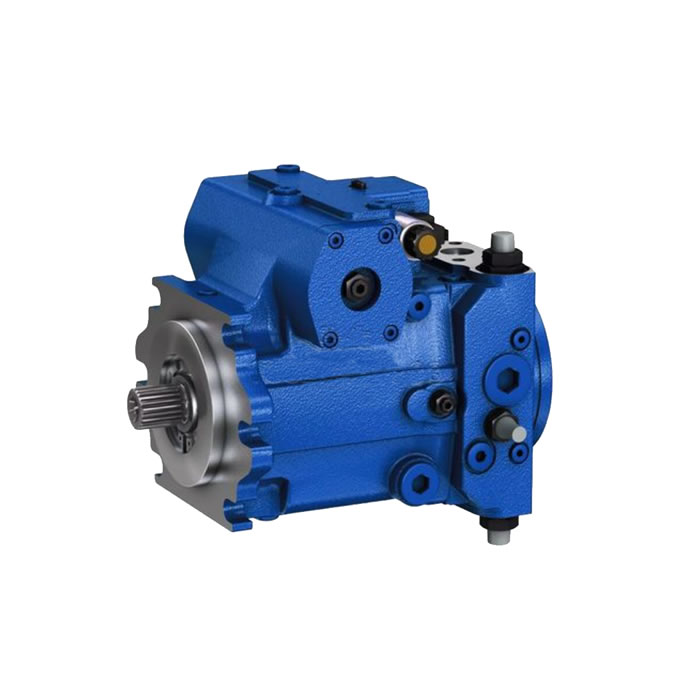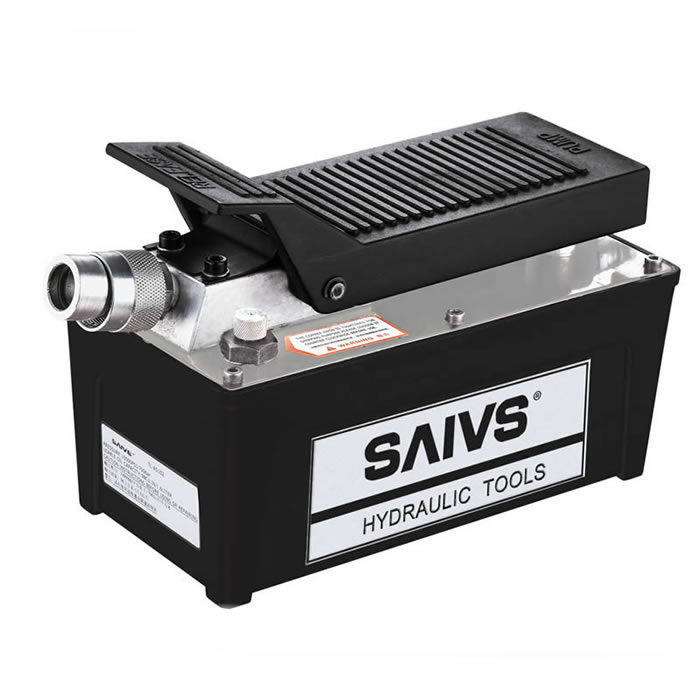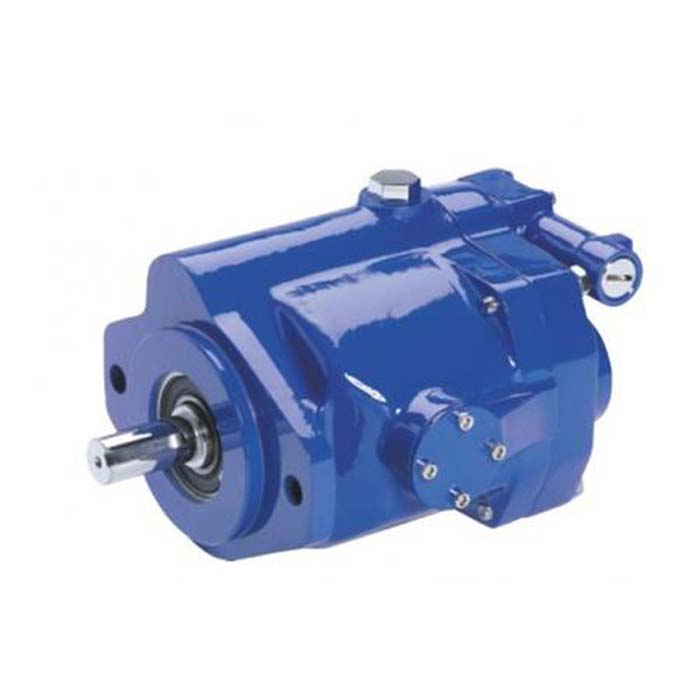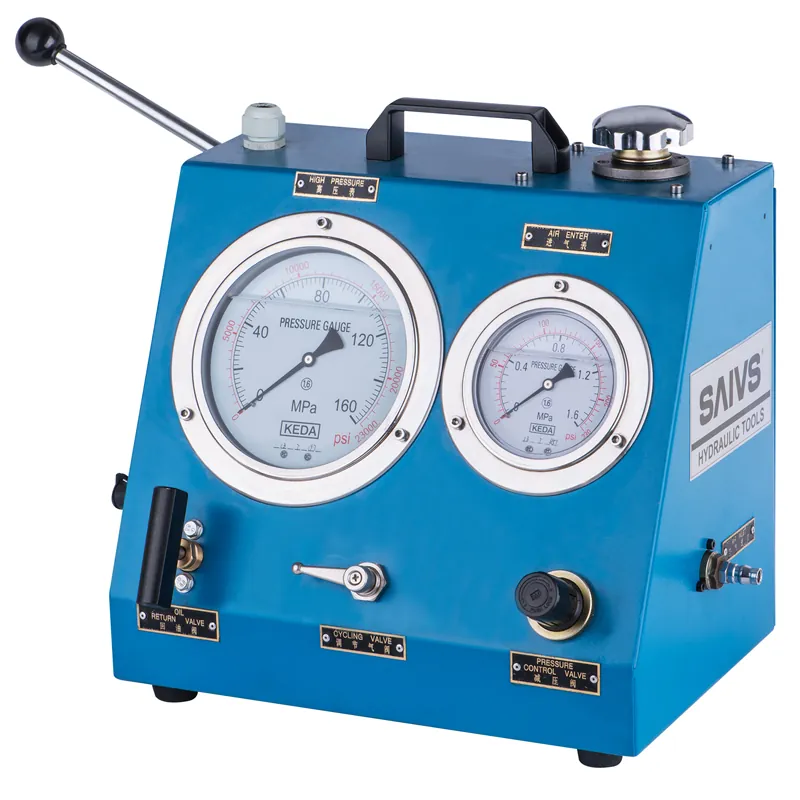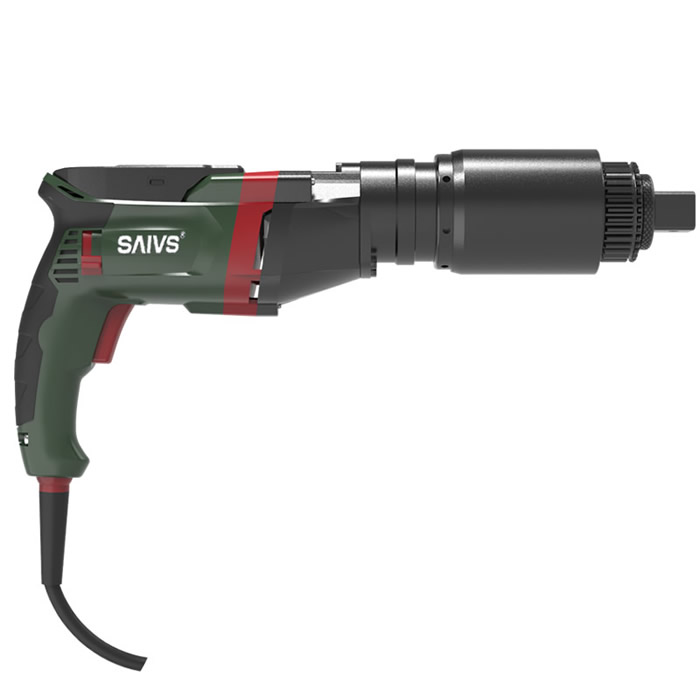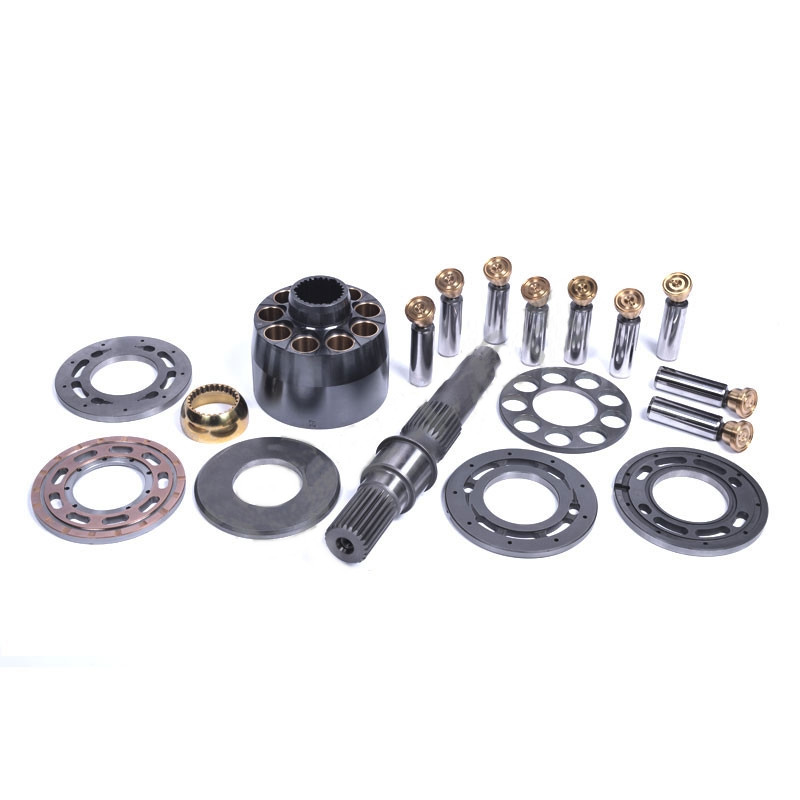How they affect Hydraulic Cylinder speed
Hydraulic Cylinders are an essential component of many industrial machines and applications.
The speed at which a hydraulic cylinder operates can have a significant impact on its performance and efficiency.
Calculating the Speed of Hydraulic Cylinders
To calculate the speed of a hydraulic cylinder, you need to know the following parameters:
1.The diameter of the hydraulic cylinder's piston
2.The flow rate of the hydraulic fluid
3.The area of the hydraulic cylinder's piston
4.The quantity of fluid that a hydraulic cylinder can circulate within given time
The formula to calculate the speed of hydraulic cylinders is:
Speed (inches per second) = (0.25 x Flow rate) / (Piston diameter squared) Let's break down this formula:
Flow rate is the amount of fluid that a hydraulic cylinder can circulate within a given time,
usually expressed in gallons per minute (GPM).
For example, if a hydraulic cylinder has a flow rate of 10 GPM,
it means that it can circulate 10 gallons of fluid per minute.
Piston diameter is the diameter of the hydraulic cylinder's piston, which usually comes in inches.
To calculate the area of the hydraulic cylinder's piston, use the formula:
Piston area = (Piston diameter squared) x 0.7854 Once you have calculated the piston area and flow rate,
you can calculate the speed of the hydraulic cylinder using the formula.
Factors that Affect the Speed of Hydraulic Cylinders
Pressure: The pressure of the hydraulic fluid can affect the speed of the hydraulic cylinder.
If the pressure is too low, the cylinder may move slowly or not at all.
Conversely, if the pressure is too high, the cylinder may move too quickly, causing damage to the machine.
Load: The load on the hydraulic cylinder can affect its speed.
If the load is too heavy, the cylinder may move slowly, while if it is too light, it may move too quickly.
Fluid viscosity: The viscosity of the hydraulic fluid can also affect the cylinder's speed.
If the fluid is too thick, it can slow down the cylinder's movement,
while if it is too thin, it may not provide enough resistance to control the cylinder's movement.
Temperature: The temperature of the hydraulic fluid can also affect the cylinder's speed.
If the temperature is too low, the fluid may thicken and slow down the cylinder.
Conversely, if the temperature is too high,
the fluid may become too thin and not provide enough resistance to control the cylinder's movement.
Cylinder size: The size of the cylinder can also affect its speed.
Larger cylinders may move more slowly than smaller ones
due to the increased volume of fluid required to move them.
Problems Caused by Incorrect Hydraulic Cylinder Speed Incorrect hydraulic cylinder speed can cause several problems.
Machine damage: Incorrect hydraulic cylinder speed can cause damage to the machine,
as well as the hydraulic cylinder itself.
If the cylinder moves too quickly or too slowly,
it can cause excessive wear and tear on the machine, leading to costly repairs.
Safety hazards: Hydraulic machines operate at high pressures and can pose a safety hazard if not operated correctly.
If the cylinder moves too quickly, it can cause the machine to malfunction, leading to accidents and injuries.
Reduced efficiency: Incorrect hydraulic cylinder speed can reduce the efficiency of the machine.
If the cylinder moves too slowly,
it can cause the machine to slow down, reducing productivity and increasing production costs.

